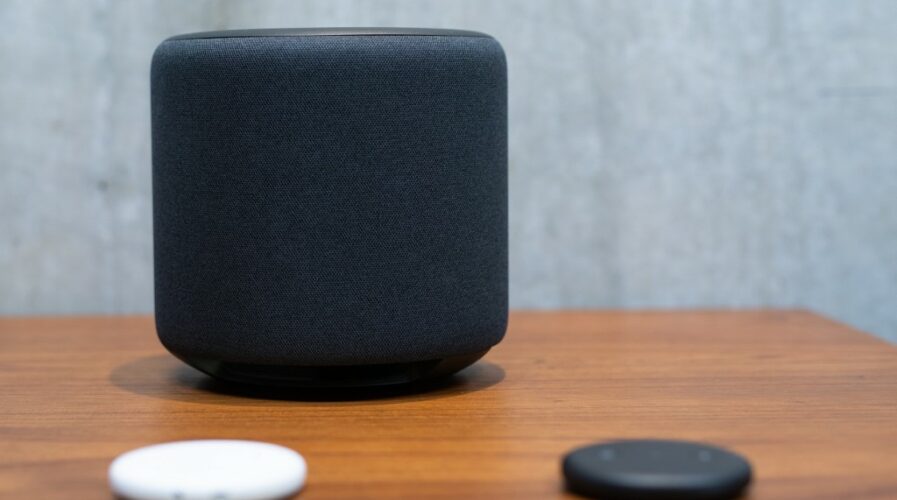
Could AI be the key to IoT security? Source: AFP
Could AI be the key to proper IoT security?
- Artificial Intelligence seems to be playing a massive role in enhancing traditional cybersecurity, especially among IoT devices
- In cyber, AI technologies can improve threat intelligence, prediction, and protection
- AI can learn from security analysts and improve its performance over time, leading to time savings and better decisions
Our increasingly digital world has made devices around us smarter, forming a massive intertwined network known as the Internet of Things (IoT). The downside though is the lack of security among these devices and it requires the highest level of protection. Hence why many organizations are turning towards artificial intelligence (AI) as a part of their security mechanism.
AI-based capabilities make detecting, securing, and mitigating attacks more accurate given the speed and complexity at which modern cyber threats take place, on top of the shortage in the current cybersecurity skill force. With the rise of interconnected devices in every household, the need for having a more reliable cybersecurity infrastructure to handle and mitigate the risk against the data has been one of the major critical security needs.
“Cyber analysts are finding it increasingly difficult to effectively monitor current levels of data volume, velocity, and variety across firewalls,” CapGemini noted in a survey research report. The report also noted that traditional methods may no longer be effective: “Signature-based cybersecurity solutions are unlikely to deliver the requisite performance to detect new attack vectors.”
In addition to conventional security software’s limitations in IoT environments, CapGemini’s report revealed a weakness in the human element of cybersecurity. More than half of the 850 IT and OT executives who participated in their survey said that their cybersecurity analysts were “overwhelmed.” Technical professionals seem convinced that AI-enhanced security for their IoT environments is a requirement.
In fact in the CapGemini survey, 69% of respondents said they will not be able to respond to cyberattacks without AI.”
How AI can help?
IoT implementations involve a variety of devices connecting to their networks and IoT security must grapple with scores of different devices, some old and some new, but each with its own operating systems and particular vulnerabilities. In short, the high degree of device heterogeneity makes IoT networks prime targets for hackers as they target weak links.
Among the major benefits that AI delivers include but not limited to: reporting existing vulnerabilities in real-time, big IoT data analytics, cyberattack detection, and containment delivering threat alert. Security experts consider AI to provide a water-tight security mechanism as it collects and analyzes information from previous attacks and provides a solution based on this data. AI and even machine learning (ML) could continuously monitor the network and keep investigating previous attacks and even identify attacks that could similarly occur in the future.
Basically, AI does not wait for an attack to happen but works on predicting an attack based on historical data, and suggests solutions to fight the threat accordingly. Moreover, AI and ML work without human intervention, and hence the need for physical resources to monitor the network is not required 24×7. It even saves a lot of money for enterprises in hiring cybersecurity experts in large numbers.


